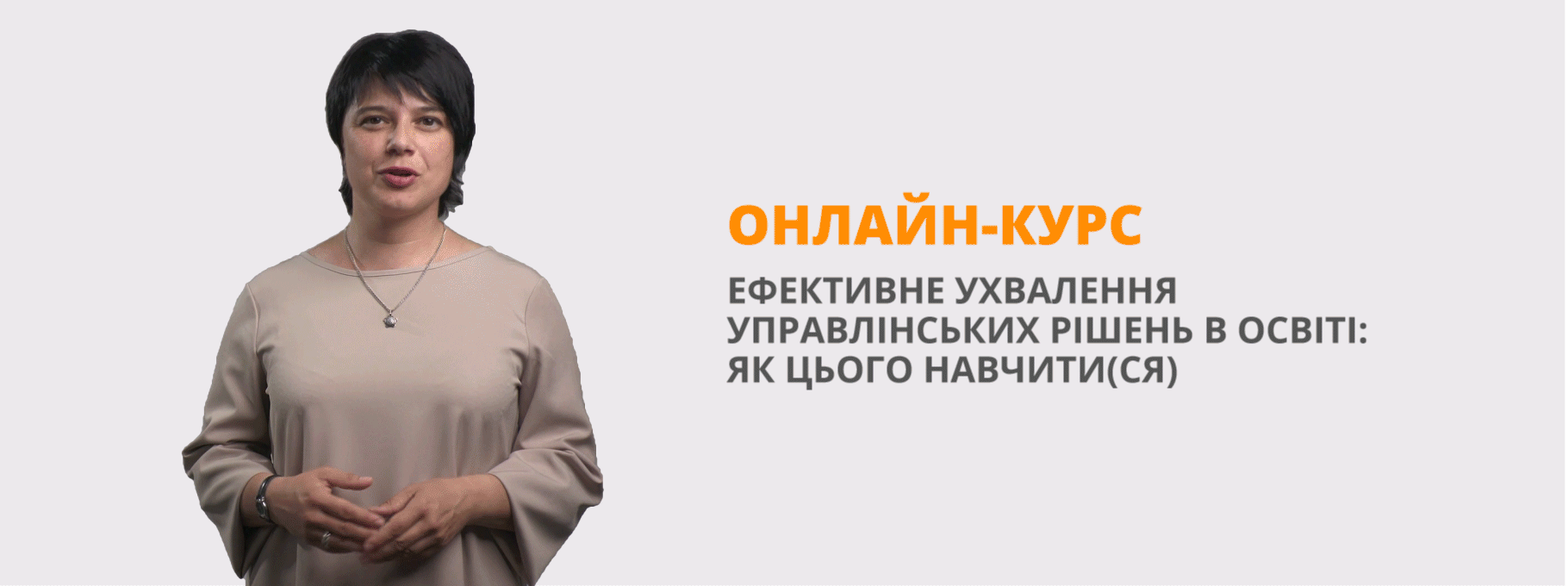СЦЕНАРІЙ ПОЗАКЛАСНОГО ЗАХОДУ “ENGLISH HOLIDAYS ”
Даний сценарій допоможе весело та цікаво провести свято іноземної мови у школі, сприятиме розвитку навичок іншомовного спілкування та позитивного ставлення до англійської мови, допоможе розширити світогляд учнів, збагатить їхній словниковий запас.
СЦЕНАРІЙ ПОЗАКЛАСНОГО ЗАХОДУ
З ТЕМИ: “ENGLISH HOLIDAYS ”
Тема: English Holidays.
Мета: виховувати та підтримувати у школярів мотивацію до оволодіння іноземною мовою; розширити знання учнів про культуру країни, мова якої вивчається; розвинути в учнів навички слухання та говоріння; розвинути в учнів логічне мислення та пам'ять; вдосконалювати навички усного мовлення і читання тексту учнями; розширювати знання учнів про свята та звичаї, які існують в англомовних країнах; розвивати мовленнєві здібності та логічний виклад думок, розвивати здогадку, увагу і критичне мислення; виховувати культуру спілкування, розвивати естетичні почуття.
Обладнання: картки з ігровими завданнями, записи попередньо зроблені на дошці, малюнки, кросворд.
ХІД ЗАХОДУ
Теасher: Dear Friends! Ladies and Gentlemen, Children and Grown-ups!
I think you now such English proverb: “So many countries so many customs”. Today we are going to speak about English holidays and traditions. You will read some interesting texts about them, do interesting tasks.
I prefer holidays to days off because they have their special coloring. By the way, the word “holiday” comes from the words “holy” and “day”. Holidays were originally religious festivals, but now many of them have nothing in common with the religion.
Teacher: Tell me what holidays you know.
Pupils: Mother’s Day, All Fool’s Day, New Year, Birthday, Christmas, Halloween, Easter, Saint Valentine Day, Thanksgiving Day.
Teacher: Thank you. Now you are to read the descriptions of the holiday and to guess which holidays are described.
- This is the day, on which practical jokes are played. It is a very old custom. (All Fool’s Day).
- This holiday is traditionally observed on the second Sunday of March. It dates from the time when many girls worked away from home. (Mother’s Day).
- This is a day when many people try to be with their families. For most British families, this is the most important festival of the year. (Christmas).
- In Great Britain this holiday is not as widely celebrated as Christmas. People may decorate their fir-tree. (New Year).
- In England it is time for giving presents which traditionally takes the form of the egg. (Easter).
- There is a holiday for children in England in autumn. It is on the 31st of October. It is the night for ghosts and witches. (Halloween).
Teacher: And now you are to match dialogues with dialogues. Then we will act them.
Teacher: Round 1
Teacher: the forth contest is to guess the holiday. You will be shown some photos and your task is to tell me what is the name of the holiday. Every right answer will give you one point.
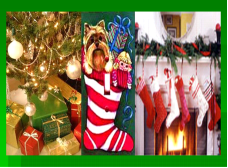
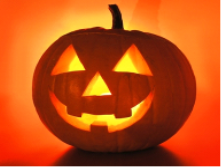
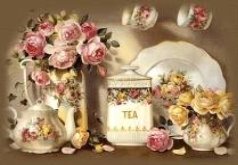
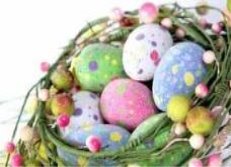
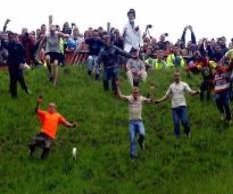

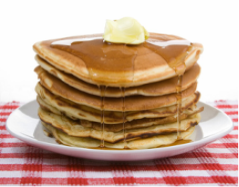
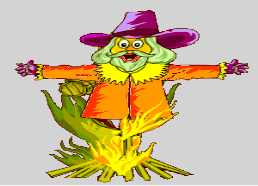
Teacher: Now let us speak about Halloween , but before it, listen to the poem.
Pupil: Halloween is coming.
What will you do?
I might go trick-or-treating.
How about you.
Halloween is coming.
What will you do?
I might be a pirate
On the deep blue sea
Halloween is coming.
What will you do?
I might meet a princess
Skipping down the street.
Halloween is coming.
What will you do?
It is a secret,
So, wait and see.
Teacher: New words: pumpkins, candles, “trick or treat”, ghost, witch, Halloween. You are to guess the meaning of these words.
- A big round fruit with candles (pumpkin – гарбуз);
- A British festival on the 31st of October (Halloween – Хеловін);
- A mystic feature that flies on the broomstick (witch – відьма);
- A white figure (ghost – привид);
- An English game where children get sweets (trick-or-treat – цукерки або смерть).
Teacher: Let us read about Halloween.
Halloween
There is a nice holiday for children in England and America in autumn. It is Halloween. It is on the thirty-first of October. On this day boys and girls put on old and funny clothes. Children may be witches, ghosts, kings and others.
People put pumpkins on the window-sills. They cut eyes, noses and mouths in the pumpkins. Then they put candles into them. So the pumpkin looks like a face.
The children go from house to house and knock at the doors. They say, "Trick or treat".
People give them sweets, fruit, cakes and many other tasty things. This is a nice, fun and tasty autumn holiday.
|
|
|
h |
o |
l |
i |
d |
a |
y |
||||||||||||||||||||||||
|
|
|
t |
y |
|
|
|||||||||||||||||||||||||||
|
|
|
|
|
|
l |
|
|
|
||||||||||||||||||||||||
|
|
|
|
|
l |
|
|
|
|
|
|||||||||||||||||||||||
|
|
o |
|
|
|
|
|
|
|||||||||||||||||||||||||
|
|
w |
|
|
|
|
|
||||||||||||||||||||||||||
|
|
|
|
|
e |
|
|||||||||||||||||||||||||||
|
|
|
|
e |
|
|
|
|
|
||||||||||||||||||||||||
|
|
|
|
|
|
|
n |
|
|||||||||||||||||||||||||
- There is a nice ………..for children in England and America in autumn.
- This is a nice, fun and ……autumn holiday.
- Then they put ……..into them.
- There is a nice holiday for children in ………..and America in autumn.
- It is on the thirty-first of…………….
- Children may be …………ghosts, kings and others.
- So the pumpkin looks like a ……..
- There is a nice holiday for children in England and ………..in autumn.
- People put …………on the window-sills.
Teacher: And now let us have a rest . Let’s play an acting game.
( Halloween, presents, a candle, a birthday, Saint Valentine Day, a cake, a ghost)
Teacher: And now let us read the story of Valentine’s Day.
In Roman times people celebrated a festival of love in the month of February. The festival was called Lupercalia. It was the festival of the Roman gods. Young men and young women played games to find a wife or a husband. In early times Valentine was a holy man. He was killed for his beliefs. Before he died he wrote a message on the prison wall. The message was for the woman he loved and he signed the message “Your Valentine”. All people in the world celebrated Saint Valentine’s Day on the fourteenth of February. It became the festival of lovers. Young men write poems to give to young women. Girls make cards to give to the young men. The sender of the card is a secret. People never sign the cards. Now you can present different things, for example, a heart-shaped balloon, a valentine card or twelve red roses
Teacher: Facts about Saint Valentine’s Day in the USA: 63% of Americans celebrate it; American youth sent 750 mln. Valentines; 43% of Americans present candies. How this day is celebrated in Ukraine? Is Saint Valentine’s day celebrate the same way in our country?
Teacher: So, this is the day for the couples and our contest also will be in couples. And your first task will be to make up as many words as possible using the letters of this expression “Saint Valentine’s Day”
Teacher: What are the symbols of this holiday? And now the task will be to find and match words with similar meanings. The quickest couple will get a heart.
|
chocolates |
|
Cupid |
|
bouquet |
|
rose |
|
valentine |
|
heart |
|
Saint Valentine |
|
smile |
Teacher: Thanksgiving Day is a very special day in America. Today people thank for everything they have in their life.
Pupil: A very special wish for you
When Thanksgiving time is here –
May you have much to be thankful for
Today and through the year
Teacher: Now make up as many words as you can from the “Thanksgiving turkey”
Teacher: Find the words which are connected with holidays.
|
t |
r |
a |
d |
i |
t |
i |
o |
n |
n |
|
u |
v |
s |
p |
b |
g |
e |
f |
v |
s |
|
r |
c |
h |
r |
i |
s |
t |
m |
a |
s |
|
k |
u |
o |
e |
r |
d |
e |
h |
l |
f |
|
e |
y |
l |
s |
t |
c |
a |
y |
e |
j |
|
b |
h |
i |
e |
h |
x |
s |
d |
n |
g |
|
v |
m |
d |
n |
d |
z |
t |
h |
t |
e |
|
j |
n |
a |
t |
a |
s |
e |
g |
i |
d |
|
c |
b |
y |
m |
y |
x |
r |
f |
n |
e |
|
x |
c |
h |
a |
l |
l |
o |
w |
e |
n |
Teacher: We are to know what holidays you like.
WHAT TYPE OF HOLIDAY DO YOU PREFER?
1. You are on holiday. Now you can ... .
a) eat a lot of ice cream
b) visit a new place
c) try horse riding
2. You are on a desert island. The first thing you do is ....
a) look for food and water
b) look for a place to sleep at night
c) walk along the island
3. Why do you go on holiday?
a) to relax
b) to see something different from your everyday life
c) to discover new places
4. Your most enjoyable holiday is ... .
a) in a swimming pool
b) in an old castle
c) in a national park with wild animals
5. You'd like to cross a forest.
a) in a car
b) in a boat on the river
c) on foot
6. When you think of holidays, you think about... .
a) enjoyment
b) trying yourself in something new
c) freedom
Mostly A's — a quiet holiday
You don't like holidays that are full of activities. For you, an ideal holiday is sitting on the beach or relaxing in a quiet place with your friends. It isn't important to you if you are in the mountains or at the seaside. The important thing is to relax.
Mostly B's — an adventurous holiday
Holidays for you mean looking for adventure.
You are full of enthusiasm. You want to hunt for treasures or discover new places, to make new friends and to have a lot of fun.
Mostly C's — a holiday in contact with nature
You love nature and countryside. Holidays are the best time for you to go horse riding or fishing. You would also like a camping holiday with a lot of activities such as climbing.
Teacher: So, I liked our today’s holiday and I hope that you have also spent time in a good way. I want to wish you good luck and to thank you for your participation.
![]()


про публікацію авторської розробки
Додати розробку
